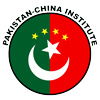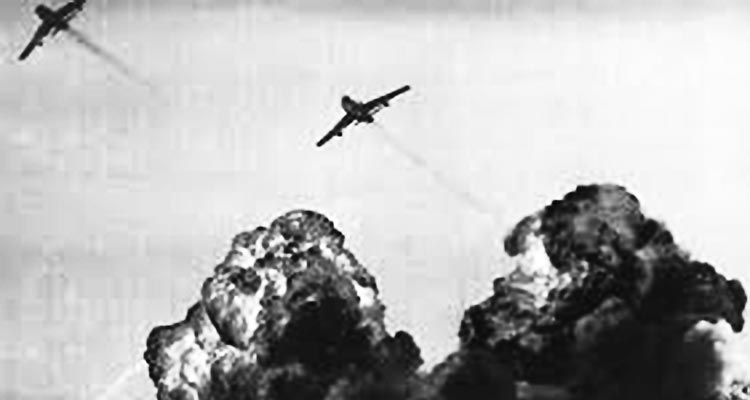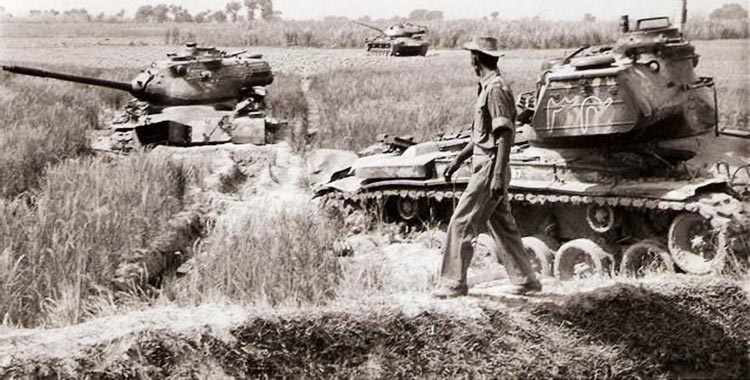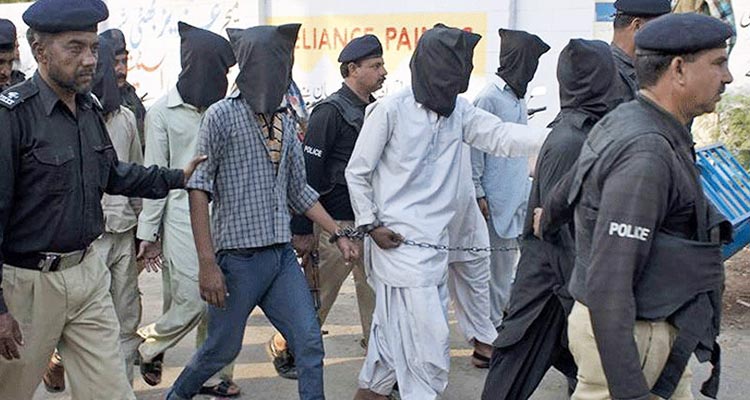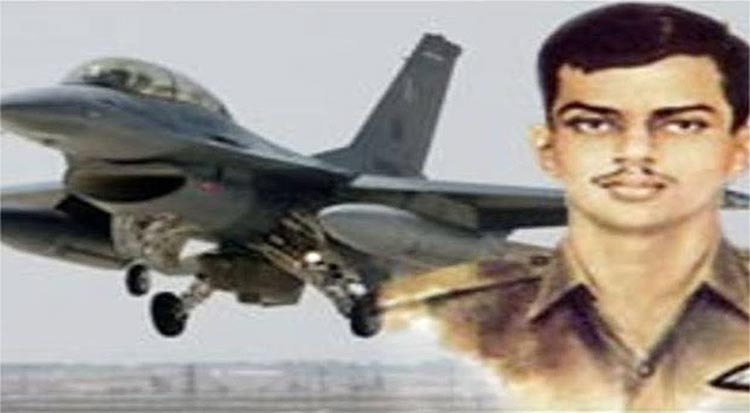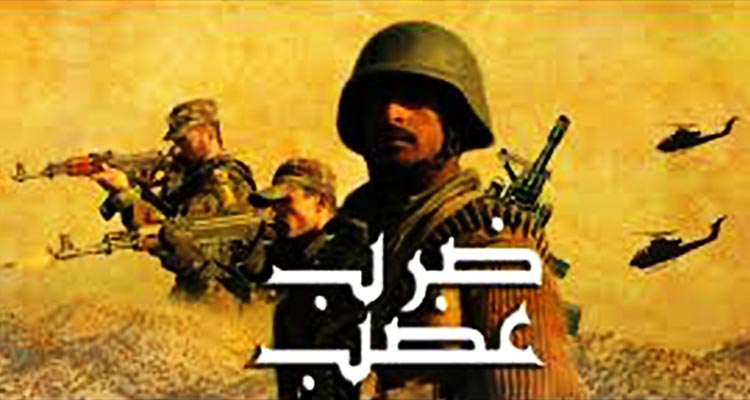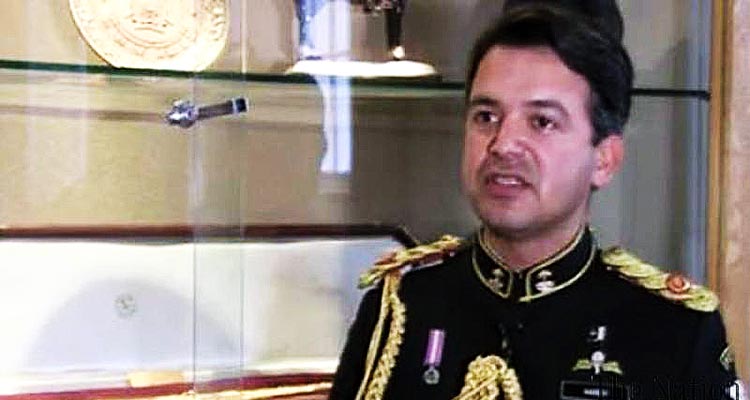Pakistan's Armed Forces face challenges in 2017 with a New Confidence
Source : PCI Date : 05-09-2017
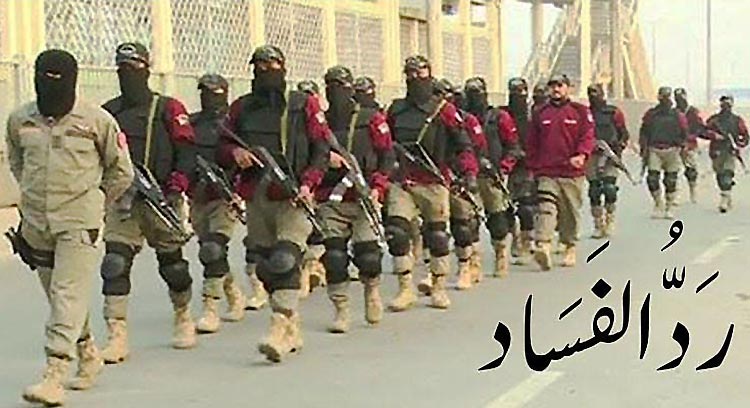 |
|
|
Pakistan and its Armed Forces have come a long way since that fateful day on September 6, 1965, when India launched a war of aggression by attacking Lahore, expecting a quick walkover. In fact, the Indian Army Chief, General Chaudhri, had reputedly told his high command that they would be toasting their 'triumph with a drink at the Lahore Gymkhana' that evening!
Although caught by surprise, the entire nation quickly rallied to their Armed Forces instilled with patriotic fervour and inspired by the rousing morale-boosting oratory of Field Marshal Ayub Khan when he proclaimed over the air waves that 'the Indians don't know what kind of nation they have provoked and the people and Armed Forces of Pakistan shall not rest till the guns of the enemy are silenced forever'.
Although the 1965 War which ended in a stalemate, with the Army holding its own while the Pakistan Air Force, under the dynamic command of Air Marshal Nur Khan, displaying its superiority over a numerically stronger enemy, three events, coinciding today as the nation marks the Defence of Pakistan Day, reflect the 'new' Armed Forces in 2017.
First, the martyrdom of a Lt Col of the Pakistan Army in Panjgur, Balochistan, battling terrorists, shows that officers as much as soldiers are playing a frontline role in defending the country in the campaign against the enemies of Pakistan, both within and without.
Second, the successful completion of the long-delayed national census, thanks to the supervision and facilitation of the Pakistan Army, exemplifies the broader role of the Pakistan Army in nation-building, making it a key institutional pillar of the state.
Third, Pakistan's quick, confident, almost defiant response to the August 22 Trump tirade against Pakistan, where he repeated the old American mantra of blaming Islamabad for US failures in Afghanistan, shows the 'new' national self-esteem of a country that refuses to be bullied or browbeaten.
Actually, from day one of the creation of Pakistan, the Pakistan Armed Forces started assuming a larger than life role as the institutional mainstay of the Pakistani State, given the circumstances prevailing then (war with India over Kashmir, chaos in the aftermath of partition with a million deaths in communal clashes and 10 million exodus and influx of population on either side, absence of well-organised, disciplined institutions). It is, thus, no accident that the Quaid e Azam himself in his address to military officers at the Command and Staff College, Quetta, on June 14, 1948, termed the 'Defence Forces (as the) most vital of all Pakistan Services', calling them as the 'custodians of life, property and honour of the people of Pakistan'.
Thanks to fighting the longest and most successful inland war against terrorism since 9/11, the Pakistan Armed Forces today are battle inoculated, with the highest officer to soldier casualties ratio of any army in battle, more professional, more middle class, more educated and more confident, whose doors are open to women and minorities as well. Soldiers and civilians have suffered 70,000 casualties, including 22,000 fatalities, in this fight against terrorism.
The last decade has seen virtually every Army Chief celebrating Eid with his troops in the battlefield. North Waziristan, once a 'no go area' has been cleared of the terrorists, both homegrown and foreign. The Pakistan Air Force Chief, Air Chief Marshal Sohail Aman, is the only Air Chief to personally lead sorties in battle, bombing terrorist hideouts. The Pakistan Navy, modern and efficient, is the guardian of Gwadar, which is the centrepiece of CPEC, plus patrolling the Arabian Sea in partnership with other friendly navies.
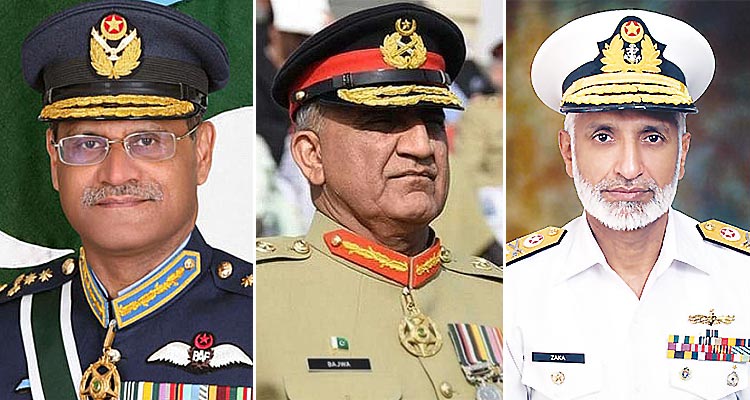
Air Chief Marshal Sohail Aman, Chief of Air Staff (left), General Qamar Javed Bajwa, Chief of Army Staff (center), Admiral Mohammad Zakaullah, Chief of Naval Staff (right)
A recent analysis by the top British military think tank, RUSI, rightly said that Pakistan has changed, its now "much more confident" due to a massive increase in security led by the army and a revived economy."The successful military operation Zarb-e-Azb has cut the number of terrorist attacks in the country and attracted global praise led by Lieutenant General Patrick Sanders, Commander of Britain's Field Army, who said in May (2017) that the Pakistan Army had achieved in Waziristan what the British failed to do in more than 200 years.
"Britain's Chief of General Staff, General Sir Nicholas Carter, went as far as to say that former Pakistan Army chief Raheel Sharif was his mentor. Following on from a Pakistan Army officer becoming the first non-Westerner to train cadets at the prestigious Royal Military Academy, Sandhrust, the Germans and Czech have also asked for Pakistani officers to train their cadets," the RUSI report said.
The RUSI report added that "China's increased cooperation with Pakistan has helped Pakistan gain confidence and 'has eclipsed anything America has had to offer in terms of military and economic assistance', and it's in this background that COAS General Bajwa said Pakistan 'did not need American financial assistance, but instead required its respect or trust'. The RUSI report concludes 'the US today needs Pakistan more than Pakistan needs the US'!
If the September 1965 War inculcated national self-confidence and instilled the courage to defy the odds, military or otherwise, one common factor all through these 52 years has been China, Pakistan's reliable and resilient partner and best friend. It was China that stood by Pakistan in 1965 while our 'ally' tilted towards India and it is China today, which, at the BRICS Summit, has managed to get all the member countries of BRICS, including India, to recognise the TTP as a terrorist organisation, no mean feat, given India's covert collaboration and sponsorship of TTP, which would hopefully end now!
As we celebrate the Defence of Pakistan Day, the biggest lesson of the 1965 War is that a 'nation united can never be defeated'! More than anything, the Spirit of '65 permeates over the national landscape today as Pakistan savours successes in the anti terror campaign, the successful census or the unified national response on the Trump policy pronouncement, thanks also to unity between the khaki and the mufti, on how best to preserve, promote and protect the national interests of Pakistan.
